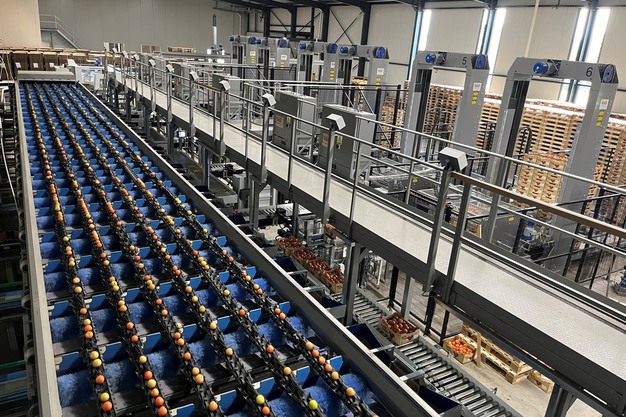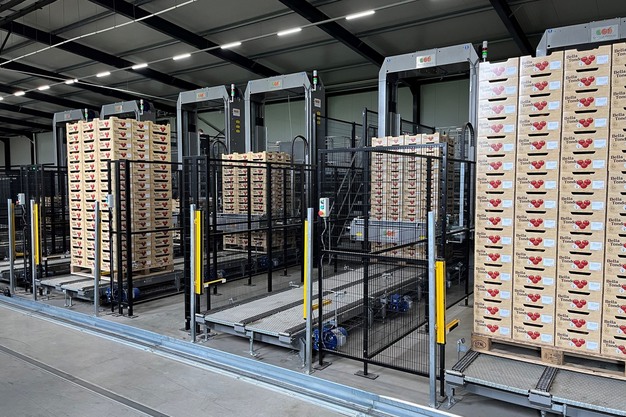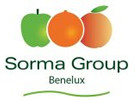These days, you find loose tomatoes less frequently on store shelves. Yet, they remain highly sought after in the processing sector and quick service restaurants (QSR). There is an increasing demand for, specifically, crownless loose tomatoes, which are easy to use. That is why Van den Belt Tomatoes invested heavily in its production line and sorting technology. They were the first in the Netherlands to purchase "the Ferrari among optical sorting machines" from the Italian Sorma Group.
This investment represents a significant step forward for both round and Intense slicing loose tomato grading. The company serves local and international markets and is part of the GMO-recognized growers' cooperative Oxin Growers U.A., benefiting logistical efficiency and customer relations.
Versatile tomatoes
|Van den Belt's cultivation acreage has grown to 28 hectares, and besides TOVs, the company focuses on loose tomatoes, dedicating 20 hectares to these. Loose tomatoes are increasingly valued for their versatility and ease of use, with more and more demand for crownless varieties from specific sectors. Round tomatoes are popular for small packs, while buyers love Intense slicing tomatoes for their high density and long shelf life, making them suitable for various food service applications.
Dashboard
Quick sorting
To better meet market and strict quality demands, Van den Belt bought an optical grader with a Hyper Vision system from the Sorma Group. This machine can quickly and carefully sort tomatoes by color intensity, defects, and ripeness and has a 20-ton/hr processing capacity. It offers a significant improvement over previous machines.
 Sorting machine with stackers
Sorting machine with stackers
It also increases production line efficiency and reduces labor costs through automated processes. The sorter is crucial for meeting the specific requirements of different markets, such as the United Kingdom, which wants smaller sizes, and distant destinations that require unripe tomatoes that ripen further in transit.
The optical sorting machine has nine cameras, including color and near-infrared, that, together, create hyperspectral images of the tomatoes. This allows for highly detailed quality control, where each tomato is photographed in 360 degrees to obtain a 3D image. The machine uses artificial intelligence and deep-learning algorithms to continuously improve sorting capacity and ensure consistent product quality even after multi-day transportation.
 Palletizers for different grades of tomatoes
Palletizers for different grades of tomatoes
Besides grading, the Sorma Group has automated other parts of the tomato postharvest process, too, including transport, drying, and packaging into 6kg boxes. This automation minimizes the need for manual labor after picking and ensures consistent final product quality.
 Romke van Velden
Romke van Velden
Sorma Benelux
+31 (0)174 610 101
[email protected]
www.sormabenelux.com
 Klaas van den Belt
Klaas van den Belt
Van den Belt Tomaten
www.Vandenbelttomaten.nl
[email protected]
